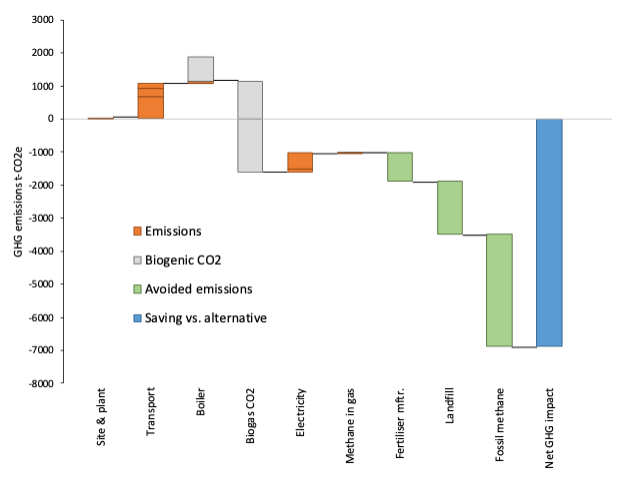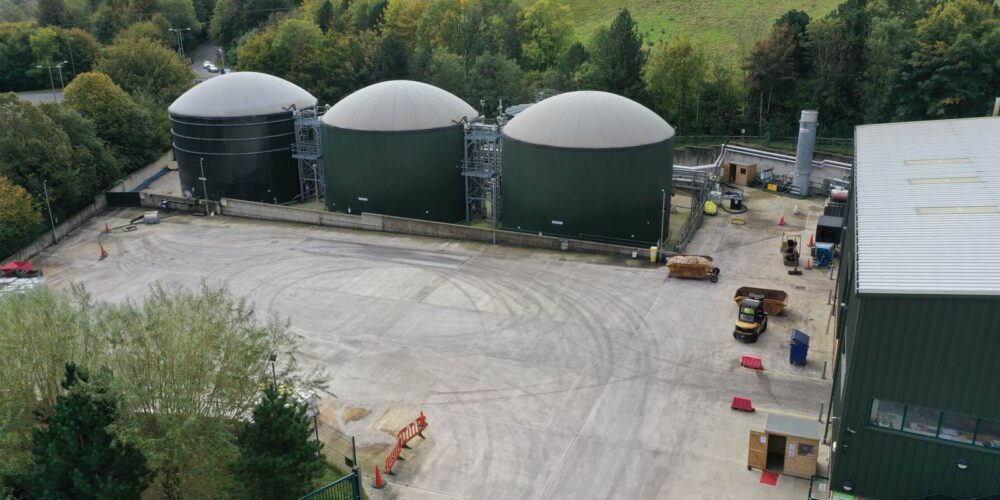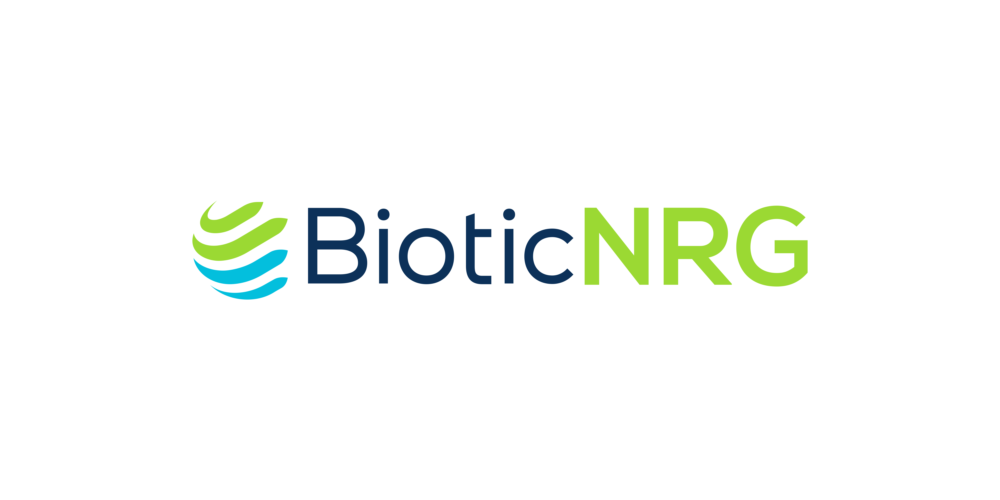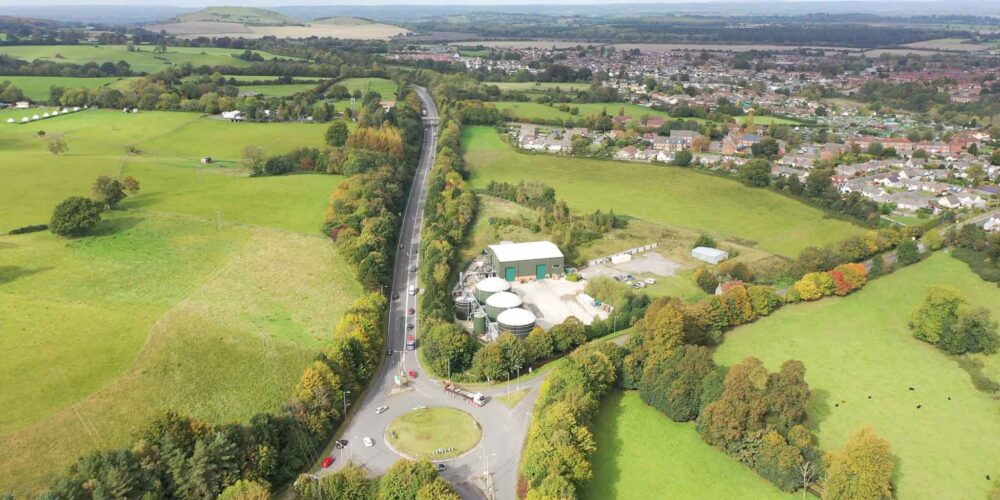Bath University’s recent paper identifies the potential for GHG emissions savings from biogas utilisation
In Wiltshire, Malaby Biogas’s Bore Hill Farm Biodigester was the case study in a research project published by Bath University and supported by Supergen Bioenergy Hub. Using real world data from 2019, The paper sets out the opportunity for massively improving the climate benefits of recycling food waste to produce renewable energy and green fertiliser for farmers. Previous work established the carbon negative position of the business and this paper now sets out the additional greenhouse gas savings that could arise from future activities. This showcases the importance of anaerobic digestion (AD) as a vital player in addressing the Climate Emergency.
Despite a lack of policy support in the draft Environment Bill and ELMS as well as perpetual delays in the Waste and Resources Strategy roll out, AD is the unsung hero of the UK renewables boom. It provides renewable energy 24/7/365 compared to seasonal and daily intermittency from other more popular renewables as well as addressing other hard to decarbonise sectors: green fuel production, decarbonising the gas network, reducing farmers’ reliance on fossil fuels, improving soils and recycling the wastes that society generates.
University of Bath July 2021: GHG assessment of Bore Hill Farm Biodigester (Malaby Biogas Ltd):– 2019 GHG Assessment
Using Malaby Biogas’s operational data, Bath’s paper was able to show that in 2019 Malaby Biogas saved around 2,000 tonnes of CO2 (graph above). More importantly the study went on to identify that it had the potential to double it by refining the biogas into biomethane. The report is a springboard for innovation and further studies stating that further increases may be possible by capturing biogenic CO2 extracted in the process as well as using that renewable gas specifically as a diesel alternative for transport in community and heavy haulage transport where electrification is not possible. Biomethane is the only renewable gas currently available at a commercial scale.
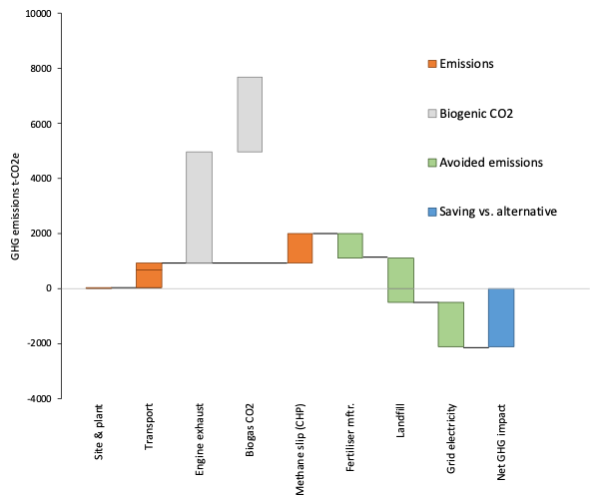
Using Malaby Biogas’s operational data, Bath’s paper was able to show that in 2019 Malaby Biogas saved around 2,000 tonnes of CO2 (graph above). More importantly the study went on to identify that it had the potential to double it by refining the biogas into biomethane. The report is a springboard for innovation and further studies stating that further increases may be possible by capturing biogenic CO2 extracted in the process as well as using that renewable gas specifically as a diesel alternative for transport in community and heavy haulage transport where electrification is not possible. Biomethane is the only renewable gas currently available at a commercial scale.
Malaby Biogas is looking at innovations to showcase and deliver ‘gas switching’. In the run up to COP26 the University of Bath’s study not only sets out what is happening but most importantly what could happen to make the UK a leader in innovation and delivery of creative solutions. Providing evidence of Climate Action is critically needed and what Malaby Biogas is planning in Wiltshire is evidence of this. The AD industry is part of the secret war tacking climate change.
Says Thomas Minter, Malaby Biogas director “I often introduce our team as foot soldiers – down in the trenches getting the job done on a daily basis. Bath University’s research not only validates those efforts but reinforces our vision to improve our already fantastic carbon credentials.”
Bath’s paper confirms Malaby’s work already delivers 2,000 tonnes net GHG savings a year and it crucially provides evidence to drastically improve the story to almost 8,000 tonnes by switching from power generation to gas production and capturing most of the biogenic carbon dioxide (graph below). As government’s solar and wind-focussed policy aims to delivers green power so biogas switching to green fuel can deliver emissions savings now ahead of the long-promised hydrogen solution after 2035.
